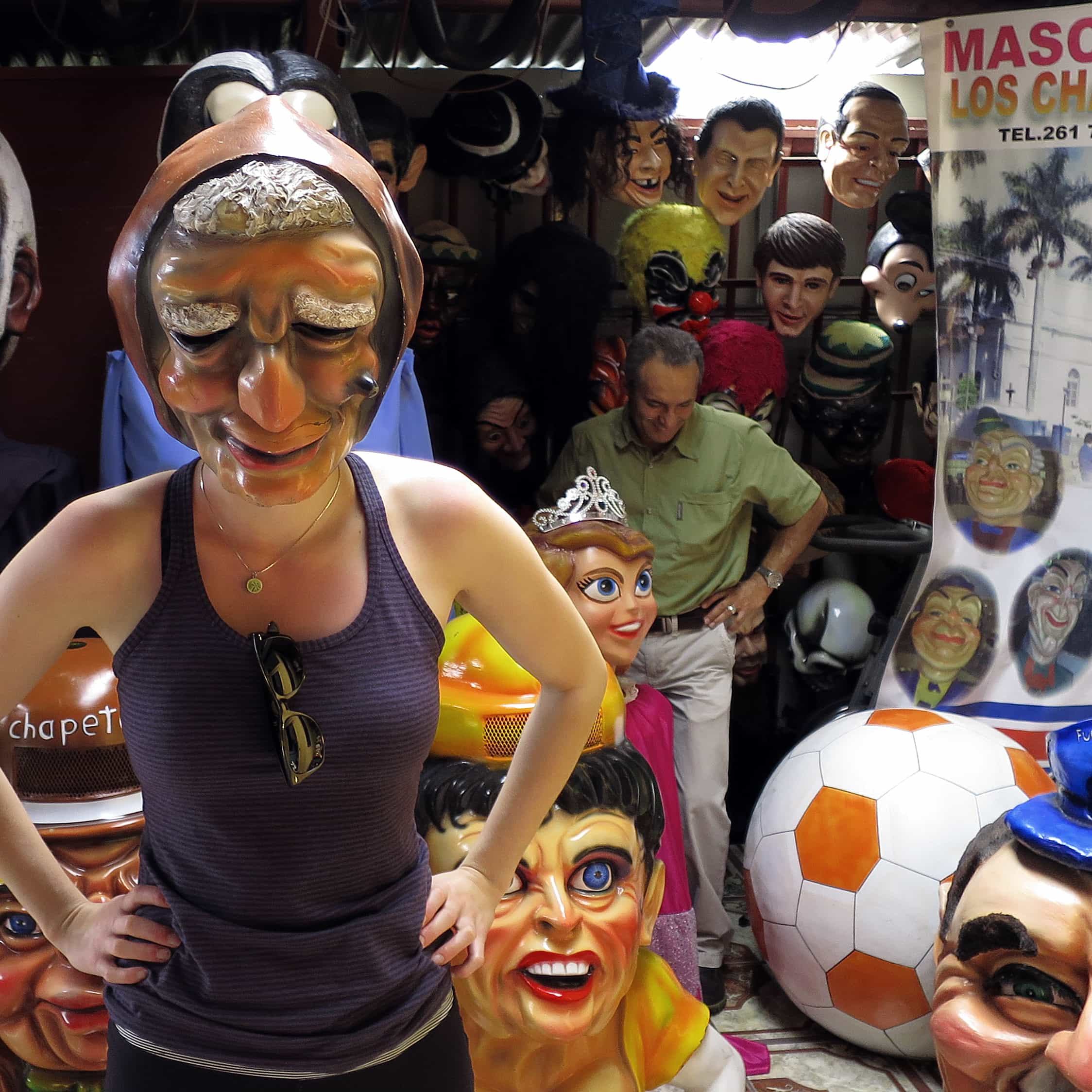How to Travel More Sustainably in Costa Rica: No Guilt Required
The Swedes call it flygskam – “flight shame,” specifically that associated with the negative impact of air travel on the environment – but even those of us without a word for it, often feel it: Can we, as sustainable travelers and in good conscience, fly to our travel destination?
It’s a question that we’ve been ruminating on of late: The jet-set lifestyle may have been cool a few decades ago, but today’s trends swing more toward less travel and, when we do travel, to slow travel and sustainable travel.
At least on the surface, air travel and sustainable travel seem to be mutually exclusive. But the question is, are they, really? To us – and we don’t say this as a way to clear our conscience – it all comes down to the definition of sustainable travel. But, we’ll get to that in a moment.
Practicing What We Preach: Sustainability at Finca Rosa Blanca
We’ll keep this bit short. But, we want you to know we put deed and action behind our words.
For decades, we at Finca Rosa Blanca have been committed to sustainable travel and environmentally-conscious decision-making. Since our earliest beginnings, we have focused on and promoted proactive sustainable practices. Not because it’s trendy, but because it’s the right thing to do.
We practice organic agriculture, both in our coffee fields and for our restaurant gardens. We plant trees (7,000+ of them!) to help mitigate climate change. Our employees are 100% local. We could go on.
All this to say, we practice what we preach.
Air Travel: How Bad Is Flying for the Environment?
Let’s get this out of the way: Every time we fly, we’re contributing to the greenhouse effect. There’s no way around it. Global carbon emissions from air travel account for about 8-10 % of all carbon emitted.
That said, every time we drive our car, or turn the A/C a little cooler, or cut into a great steak – all those daily activities add to our carbon footprint, too. Again, there’s no way around it.
So, the question is – are you planning to give up travel forever? Note, we said “travel” and not “air travel.” Because, studies show: Planes, trains and automobiles all generate significant environmental impact. In fact, as far as travel goes, mile-for-mile, flying economy is more carbon-efficient than driving more than 100 miles.
So, if you’re not willing to forego all travel forever, then the real question is – how can you reduce the impact of your air travel?Here are a few tips:
- Fly less. We all know that small personal sacrifices – skip the meat for a few meals a week, spend more on a fuel-efficient car, etc. – help the environment. Well, here’s another: Simply fly less. Instead of flying several times a year, fly to one or two vacations and stay local for the others.
- Fly economy. Flying business class equates to about three times more emissions than flying coach. Save the luxury splurge for your sustainable hotel, tours, and spa treatments.
- Fly nonstop. When possible, choose a direct flight to minimize your in-air miles.
- Choose a fuel-efficient airline. The International Council on Clean Transportation (ICCT) ranks airlines by fuel efficiency. Several of the top-5 U.S. and European airlines (as of 2017) – Southwest, Spirit, Swiss, and KLM, among them – fly to Costa Rica.
- Offset your carbon footprint. At Finca Rosa Blanca, we’re proud to participate in the Carbon-Offset Program offered by CANAECO, the National Association of Ecotourism and Sustainable Tourism of Costa Rica.
Remember: Sustainable Travel Extends to More Than the Environment

When we think of sustainability, we most often think about the environment. But the term “sustainability” is rooted in not one but four pillars: environmental responsibility, social education, socio-economic sustainability, and local cultural interpretation. (Want to know more about the core-4 of sustainable travel? We recommend exploring the Global Ecotourism Network website.)
For the sake of brevity, we’ll skip the lecture and summarize:
- Environmental consciousness and practices look to protect the ecosystem, preserve air and water quality, reduce environmental stressors, and defend the integrity of natural resources.
- Social education works to promote environmental justice, sustain human health, and protect basic resources, through education of both staff and visitors.
- Social-economic involvement in the community refers to the relationship that we have with our community; itstrives for financial support, inclusion and education, while working to bolster the job market via local hiring practices.
- Local cultural interpretation seeks to explore, preserve and promote cultural integrity, local heritage, and human wellbeing through increased social capital and traveler involvement in the local community.
So, now that we’ve explored the full breadth of sustainability and all its varied goals, let’s circle back, for just a moment, to where we began: flygskam, or “flight shame.” There’s a lot of shame rolled into consumer choices today. For almost any lifestyle decision we make, a quick Google-search can make us feel guilty.
Sustainable travel fits this to a tee: Even when you make all the right decisions about your travel – you steer clear of countries with human rights violations, choose sustainable hotels and tours, and embrace the local culture – the impact of your air travel leaves you feeling guilty.
We’re here to tell you, your trip is about more than your roundtrip flight. Because your impact on Costa Rica – on our environment, people, and economy – more than counteracts the impact of your flight. Costa Rica’s environment, people and economy all benefit from your visit.
Louder, for the still-feeling-flygskam travelers in the back: You are allowed to travel without the guilt!
When you stay at Finca Rosa Blanca, you’re contributing much-needed, life-changing tourism dollars to the Costa Rican economy. You’re supporting a responsible and ethical company.
Because, we know: Quality is not just how good the sheets are; it's how we treat our employees and help our community. It’s how many trees we plant, the pesticides we don’t use, and the locals whose lives are forever changed by a steady, living wage.
It’s everything. So, instead of feeling guilty about your next flight, reduce the impact of that flight and then work towards being a sustainable traveler. Not only the environment, but Costa Rica’s people and economy will thank you.
